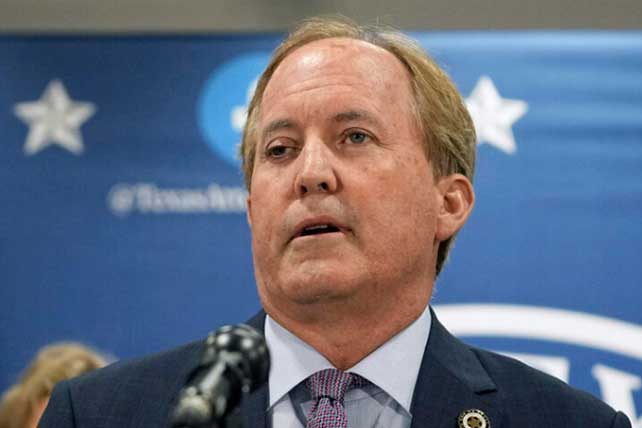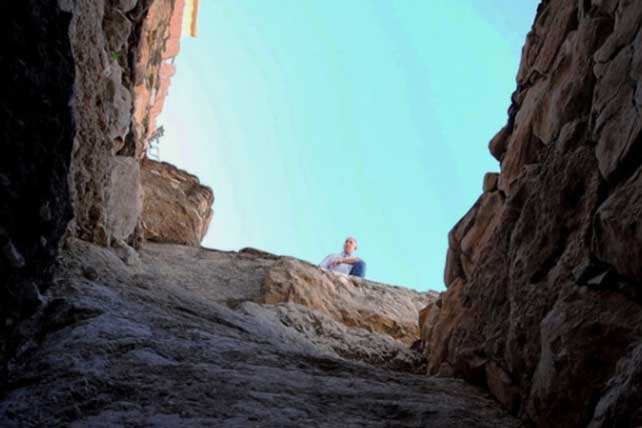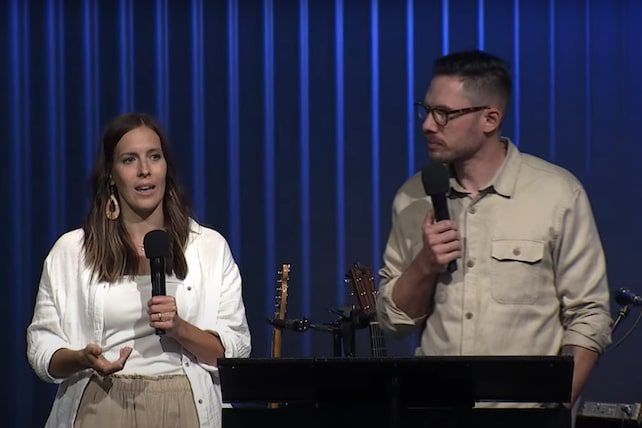DELHI (RNS) — In June, Bindu Sodhi, a 32-year-old tribal woman from a small village in the densely forested state of Chhattisgarh, in central India, was killed by her neighbors.
Sodhi was tilling her ancestral land with her family when irate villagers — armed with bows and arrows, axes and knives — attacked her with stones and killed her on the spot. The villagers stoutly warned her family not to set foot in the village unless they gave up their Christian faith.
Local police shrugged off Sodhi’s killing as a land dispute, despite the fact that, over the last four years, Hindu extremists and even some of Sodhi’s close relatives had been pressuring her to renounce her Christian beliefs.
Attacks on Christians, who constitute only 2.3% of India’s 1.4 billion people, have risen sharply over the last few years. The main perpetrators of these crimes are extremists who believe Hinduism, India’s most prevalent faith, is synonymous with Indian identity and citizenship.
Last year, the United Christian Forum, a human rights group based in New Delhi, recorded 733 incidents of violence against Christians, with an average of 61 incidents every month. This year, 361 incidents targeting Christians have already been recorded by the UCF.
“There is a surge in violence against Christians,” said AC Michael, the group’s national convener. “Anti-conversion laws are being weaponized to target us and strip us of our rights.”
On Saturday (July 20), UCF leaders met with Kiren Rijiju, minister for minority affairs in Prime Minister Narendra Modi’s Cabinet, to discuss the increase in attacks, but the meeting yielded few promises, according to Michael Williams, UCF’s national president.
“There’s a complete breakdown of faith in the Modi government,” said Williams. “The government is doing little to curb police and mob brutality against Christians accused under anti-conversion laws and the undue violation of our rights.”
Targeting of Christians has been going on in India since the 1990s. The gruesome murder of Australian Christian missionary Graham Staines, along with his two minor sons, by Hindu extremists in 1999 brought the world’s attention to the violence being meted out against the community. But with the rise of Modi, head of the Hindu nationalist Bharatiya Janata Party, the scale and magnitude of these threats have increased significantly.
Sweeping anti-conversion laws have been enacted across 11 Indian states by the BJP government, whose supporters allege that Christians and Muslims scheme to lure Hindus into their faiths through deceit or marriage.
The anti-conversion legislation mandates that only an affected person can register a complaint. However, the police often arrest Christians based on complaints from self-described Hindu nationalists claiming prior knowledge of “forced conversions.” In that way, the laws have enabled harassment, discrimination and vigilante violence against minorities.
A report published by the United States Commission on International Religious Freedom in March 2023 noted that India’s state-level anti-conversion laws violate international human rights law’s protections for the right to freedom of religion or belief.
The charge of forced conversion, say Christian leaders, is now being used to target ordinary Christians. They cite attacks on church properties and institutions in which vandals paint over church walls with inflammatory slogans, harass pastors and shut down prayer meetings. In rural areas they prevent Christians from accessing common facilities such as wells and burial grounds.
In extreme cases, the attacks have ended in murder, rape, molestation and illegal detentions.
In early July, nearly two dozen Hindu radicals wearing saffron scarves stormed a prayer meeting in Uttarakhand state after accusing a pastor and his wife of carrying out conversions, brutally attacking the worshippers and hurling verbal abuses at them.
“They dragged me by my hair and beat up my relatives,” said Deeksha, the pastor’s wife. “We were just praying at home and causing no trouble to anyone in the neighborhood.”
In Manipur, where more than 200 people have been killed in ethno-religious violence since last year, congregations have closed down and pastors have been silenced. Elsewhere, schools, hospitals and institutions run by Christian missionaries are regularly targeted by right-wing Hindu nationalist groups. Religious extremists have also raided private gatherings, birthday and farewell parties on the pretext of forced conversions.
Law enforcement agencies often side with the perpetrators of violence rather than the victims, which emboldens the extremists to carry out more attacks.
“We are living in an atmosphere of constant fear,” said a priest and peace activist from Varanasi who asked to remain anonymous. “Members of small and independent churches are uncertain about what to do or who to turn to for help.”

















 The NIRD principle of Mentors and Modeling emphasizes the critical role that more mature believers play in the spiritual development of newer or younger Christians through mentoring and modeling behaviors. This approach is deeply rooted in the biological processes that underpin learning and social interaction, as well as the scriptural mandates that call for
The NIRD principle of Mentors and Modeling emphasizes the critical role that more mature believers play in the spiritual development of newer or younger Christians through mentoring and modeling behaviors. This approach is deeply rooted in the biological processes that underpin learning and social interaction, as well as the scriptural mandates that call for 


 It’s tough to find financial freedom, especially when you’re in ministry. We might have the desire to be wise with
It’s tough to find financial freedom, especially when you’re in ministry. We might have the desire to be wise with 










